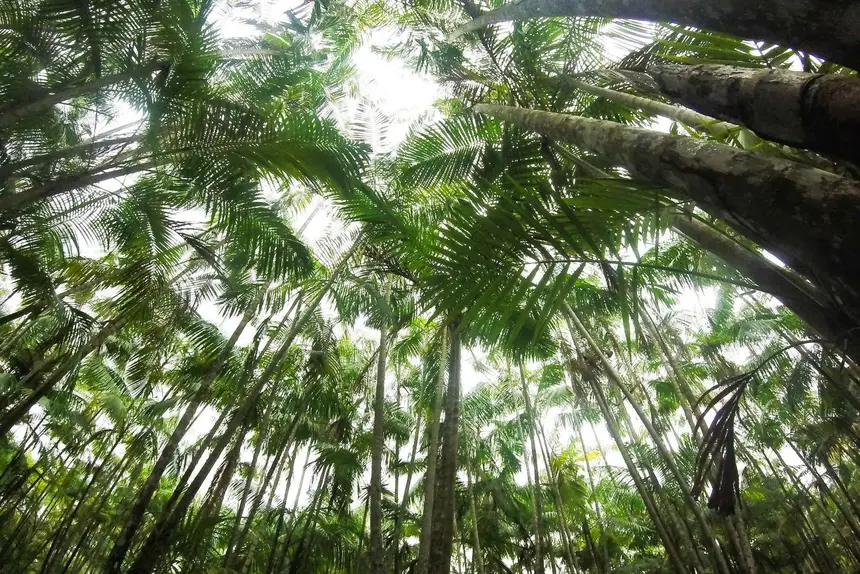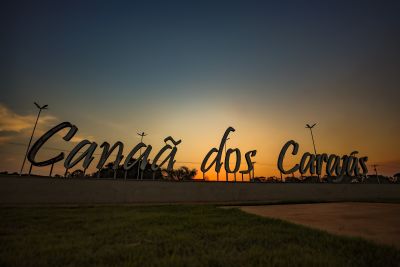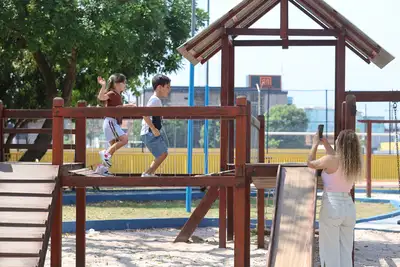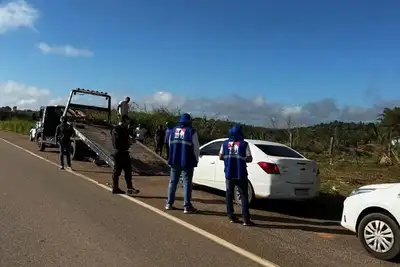PGE will present a panel on legal governance and environmental defense at COP30
The panel at the Pará Pavilion in the Green Zone will highlight the pioneering actions of the State in creating the first Native Vegetation Recovery Unit in the APA Triunfo do Xingu
The Attorney General's Office of the State (PGE) will be present in the Green Zone of the 30th United Nations Conference on Climate Change (COP30), which will take place from November 10 to 21 in Belém. The participation includes the panel "Legal Governance and Defense of Public Environmental Heritage: the case of the first Native Vegetation Recovery Unit in the Environmental Preservation Area (APA) Triunfo do Xingu," held in partnership with the Advisory Nucleus of Direct and Indirect Administration (Nucadin) of the State Department of Environment, Climate and Sustainability (Semas), reinforcing Pará's prominence in the global environmental agenda.
"We are bringing the case of the first area designated for the creation of a native vegetation recovery unit. This proposal brings the pioneering experience of the PGE of Pará in partnership with Semas, in defending public environmental heritage, promoting legal actions aimed at recovering illegally deforested areas. In this case, we highlight the case of the polygon within the APA Triunfo do Xingu, located in the municipality of São Félix do Xingu (southeast of Pará), where the PGE obtained a court decision that guaranteed the repossession of a public area of 10,000 hectares degraded by criminal deforestation, allowing its allocation for the establishment of the first native vegetation recovery unit. This was the first case of the State of Pará, and one of the first in Brazil," explained the Attorney General of the State of Pará, Tatilla Brito Pamplona.
On October 26, Semas - responsible for coordinating the Pará Pavilion in the Green Zone - announced the list of selected projects to compose the programming of the space. There are 342 events selected for their technical quality, thematic relevance, and contribution to environmental policies. The selection prioritized initiatives that stimulate debate on sustainability, environmental education, and participatory management.

Restoration – The case of the repossession by the Government of Pará of public land, occupied and illegally deforested within the polygon of the Environmental Protection Area (APA) Triunfo do Xingu, allowing its allocation for the installation of the first Native Vegetation Recovery Unit (URVN) of the State, is a practical demonstration of how coordinated legal action can strengthen public policies for ecological restoration, combating deforestation, and meeting climate neutrality goals.
"The case shows a paradigm shift within Environmental Law. That is, a legal action that goes beyond repression, focusing on restoration and forest reconstitution. This case shows the strategic role of PGEs in climate governance and, specifically, the PGE of Pará in Amazonian climate governance. Demonstrating how coordinated legal action can strengthen public policies for ecological restoration and combat environmental crimes. The potential of public advocacy as an instrument of climate legal security, essential for the implementation of decarbonization policies and for valuing standing forests," added Tatilla Pamplona.
During the panel at the Pará Pavilion, the role of State Attorneys in Amazonian climate governance and the legal instruments capable of strengthening policies to combat deforestation and promote climate neutrality will be discussed. The initiative reinforces the importance of public advocacy as an instrument of climate justice, highlighting the potential of coordinated legal action in consolidating decarbonization policies and valuing living forests.
Innovation – The Green Zone of COP30 is the space dedicated to civil society and innovation, coordinated by the host country. In it, local governments, non-governmental organizations (NGOs), companies, universities, and communities share experiences, technologies, and inspiring projects.
The Blue Zone, on the other hand, is the official space for international negotiations, managed by the United Nations (UN), where heads of state and diplomatic delegations define agreements and global policies for mitigating climate change.









